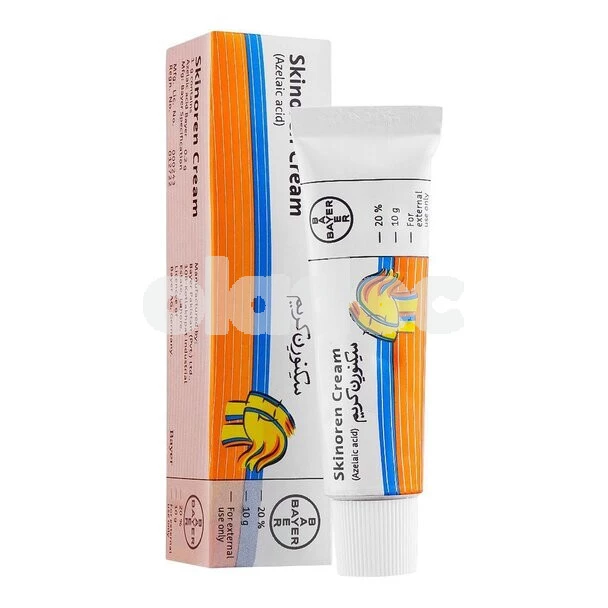Frozen shoulder, also known as adhesive capsulitis, is a painful condition characterized by stiffness and limited range of motion in the shoulder joint. It can significantly impact daily activities and quality of life. Read this article to know more about the causes, symptoms, and treatments for frozen shoulder.
Table of Contents
Causes
Some probable causes of frozen shoulder may include:
- Injury or trauma: Previous shoulder injuries or surgeries can increase the risk of developing frozen shoulder.
- Immobility: Prolonged immobility of the shoulder joint, such as after surgery or injury, can lead to the development of adhesive capsulitis.
- Medical conditions: Certain medical conditions like diabetes, thyroid disorders, and heart disease have been linked to an increased risk of developing frozen shoulder.
- Age and gender: Individuals between the ages of 40 and 60, and women, are more likely to develop frozen shoulder.
Symptoms
The hallmark symptom of frozen shoulder is shoulder pain and stiffness that progressively worsens over time. The condition typically progresses through three stages:
- Freezing stage: During this stage, there is a gradual onset of shoulder pain and stiffness. The pain may worsen at night and with movement, leading to difficulty performing daily activities.
- Frozen stage: The shoulder becomes increasingly stiff, making it challenging to move the arm in any direction. Activities such as reaching behind the back or overhead become extremely difficult.
- Thawing stage: In this stage, shoulder movement slowly improves, and pain gradually decreases over several months to years.
Treatment
Treatment for frozen shoulder focuses on relieving pain and improving shoulder mobility. Depending on the severity of the condition, treatment options may include:
- Physical therapy: Gentle stretching and strengthening exercises can help improve shoulder mobility and reduce stiffness.
- Pain management: Over-the-counter pain relievers or prescription medications may be recommended to alleviate shoulder pain.
- Corticosteroid injections: Injections of corticosteroids directly into the shoulder joint can help reduce inflammation and relieve pain.
- Joint distension: A procedure called hydrodilatation involves injecting sterile fluid into the shoulder joint to stretch the capsule and improve mobility.
- Manipulation under anesthesia (MUA): In severe cases, MUA may be performed to forcefully move the shoulder joint while the patient is under anesthesia.
- Surgery: In rare cases where conservative treatments fail to provide relief, surgical intervention such as shoulder arthroscopy may be necessary to release the tightened joint capsule.
Conclusion
Frozen shoulder is a painful condition that can affect the quality of your everyday life. However with timely medical interventions and treatments, along with physical therapy, symptoms can be alleviated to restore shoulder function. If you are experiencing shoulder pain or stiffness, consult with a physiotherapist for guidance.






